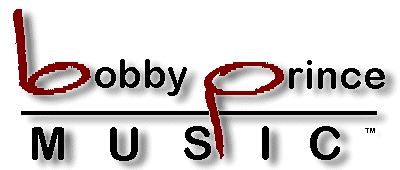

A while back I happened upon an article on Gamasutra that I wrote "way back" in 1996 in preparation to speak at the Game Developers' Conference. I had forgotten all about it. My plan was to update it -- but, you know what? There's very little about the basic points of the article that's changed. I see one minor typo in this version of the article. Under the section "What do award winning sound effects in movies have in common?" number 10 should say, "They take the place of the senses we cannot experience from a movie ...." For now, check the article out: http://www.gamasutra.com/features/sound_and_music/081997/sound_effect.htm Where does one find sound effects? If you have funds to purchase them, there are plenty of commercial sound effects libraries available. Just do a search. But, what if you have no extra funds to purchase sound effects? They are all around you! The only thing you have to do is use your imagination. You have to have good hearing for the more subtle every day sfx. You also have to be able to mentally pitch shift the sound you're hearing to see how it might be used for something very different from the actual sound. Most people interested in sound effects know that the sound of some of the Star Wars weapons was recorded with someone hitting a support guy wire on a radio/TV tower. Whoever had the idea had at one time or another done that same thing and remembered the cool sound it made. My most favorite recent purchase is a Zoom H2 recorder. For $200 I can record high quality sound effects direct to SDRAM. I carry it with me all the time and use it to record sounds that might come in handy in a future project. One of the best I've recorded lately is the sound of an automatic door mechanism. It was malfunctioning, and that malfunction created the coolest mechanical sound. Try to find a copy of Cool Edit. Even though it's been updated after it was bought by Adobe (and became Audition), it's still very powerful for basic audio editing. I still use Cool Edit myself for quick editing. But, what's the best software for audio editing? What you find works for you is the best. I've tried most, if not all the software out there, and it's all good. Experiment a lot with one sound to learn what happens when you apply different effects. One of the best things to learn is how to imagine a particular raw sound effect will sound with different effects applied. Examples of my use of available raw sound effects include:
Always remember to record "silence" before you record a raw sound effect. You can then use that "silence" to noise reduce the raw sound effect. This will reduce certain frequencies in the sound effect, but it's worth it not to hear the hum of an air conditioner or such every time that sound effect is used in a game/movie/etc. Warm regards, Bobby Prince |
All Music & Sound Effects (C) (P) Robert C. Prince
bobby prince Music, BMI